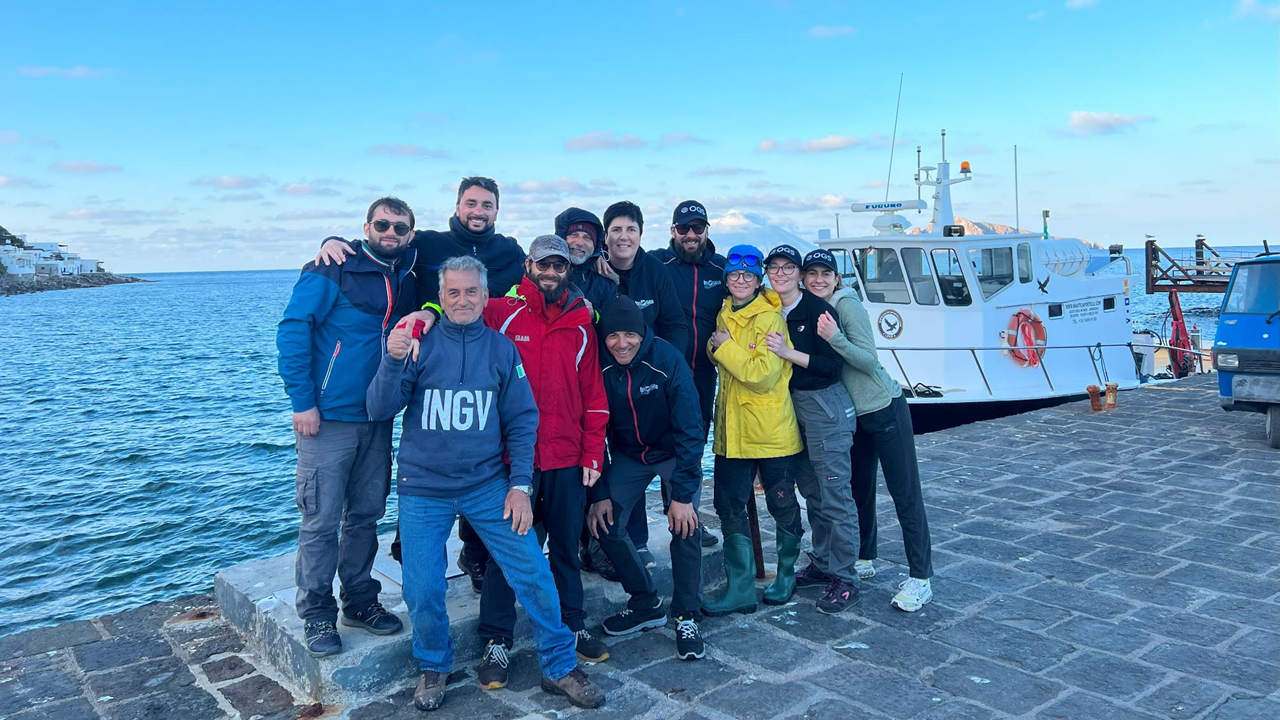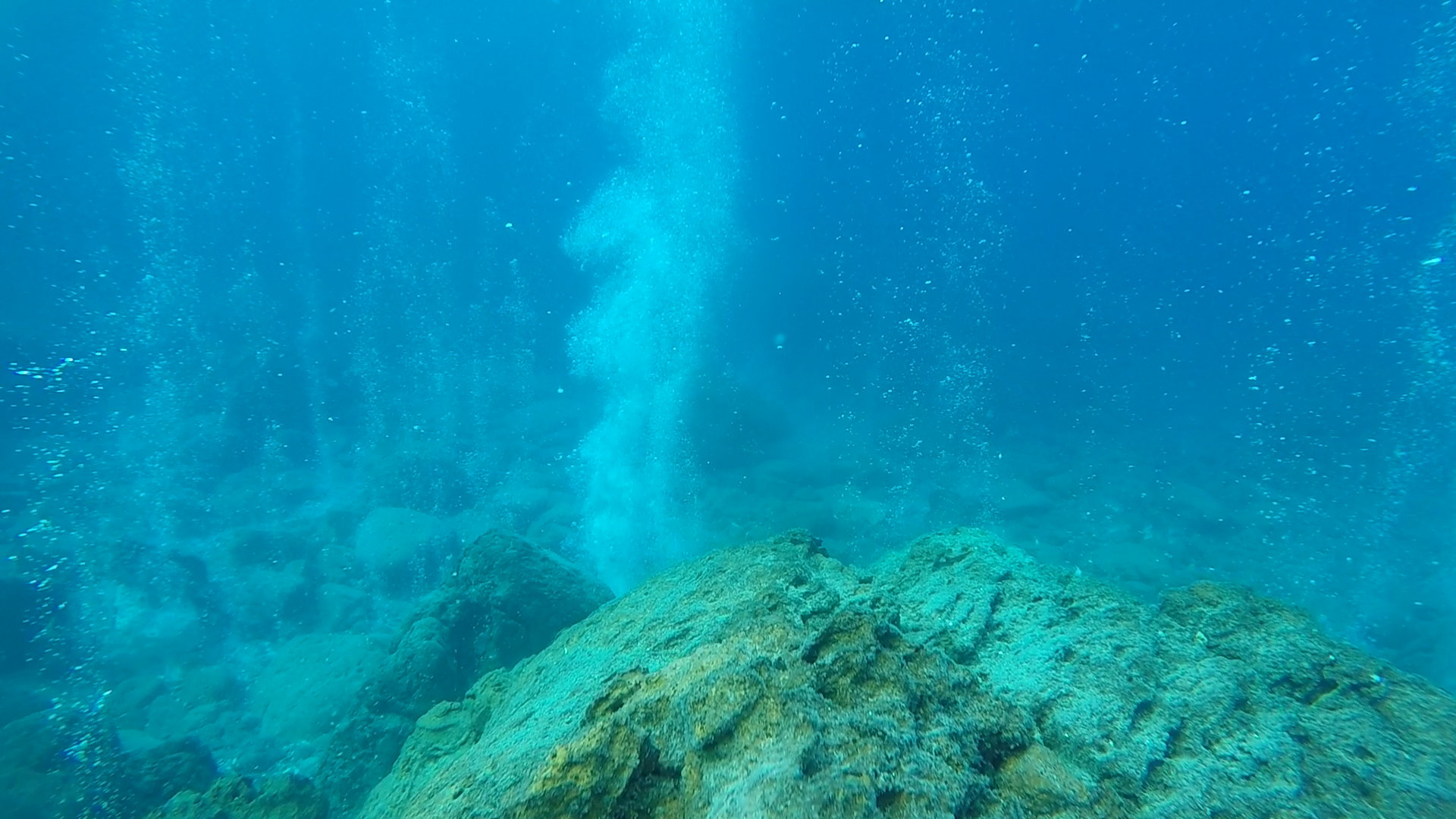ALL FIELD ACTIVITIES COMPLETED
The second measurement campaign on the “Trezze” in the area of Grado (8-10/04/2025) as part of the PRIN 2022 PNRR MEFISTO project, coordinated by the OGS and carried out in collaboration with the National Institute of Geophysics and Volcanology – INGV, came to an end a few days ago.
No more campaigns left and the MEFISTO research team is working hard to complete all the sampling analyes and data elaboration.
Stay tuned!
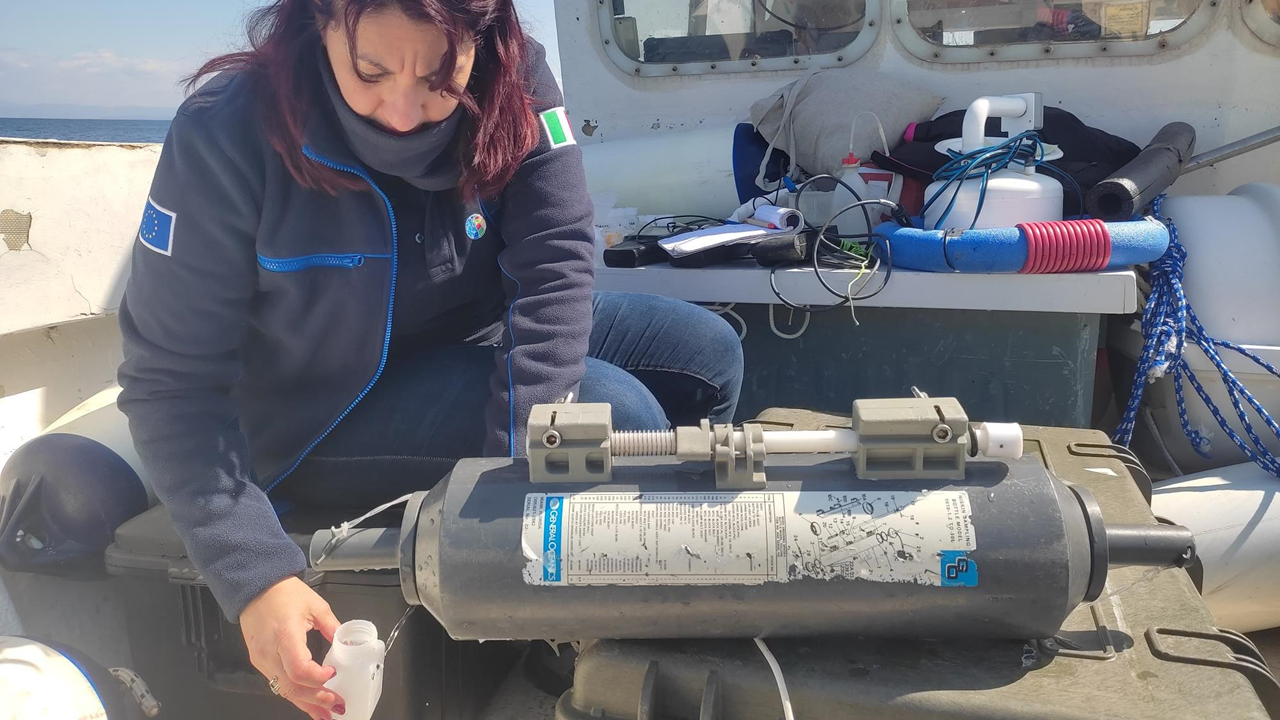
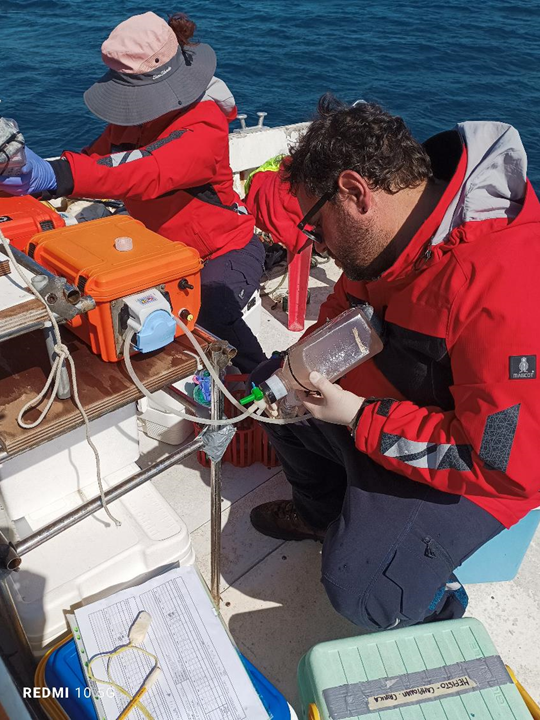
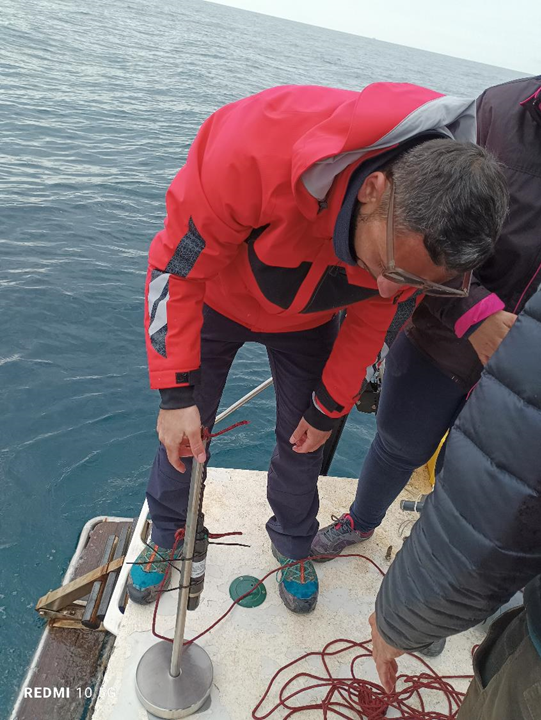
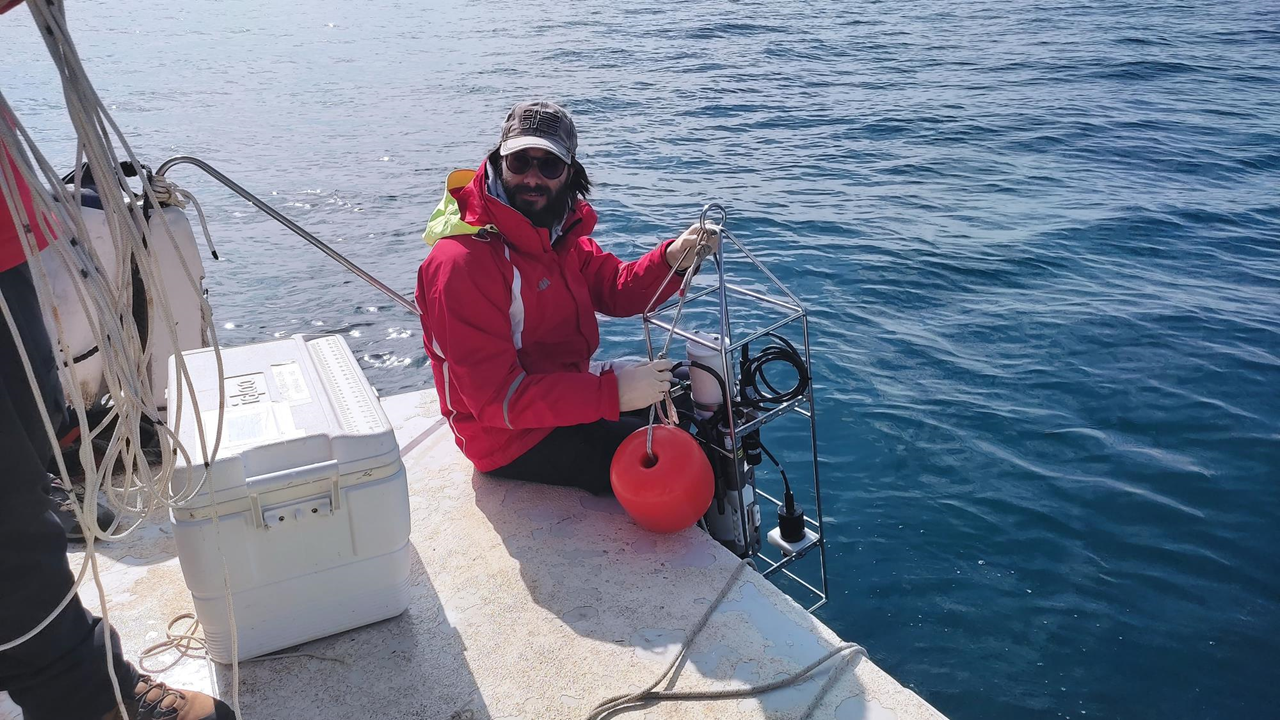
The second joint campaign of the PRIN MEFISTO and FEMTO projects was successfully carried out in Panarea
The second joint measurement campaign of the PRIN 2022 PNRR “MEFISTO” and PRIN 2022 “FEMTO” projects, both funded by the European Union – Next Generation EU and in which OGS is the coordinator and partner, respectively, was completed between 26 and 28 September 2025.
Only one more cruise (second campaign on the “Trezze”) until the end of the MEFISTO field activities!
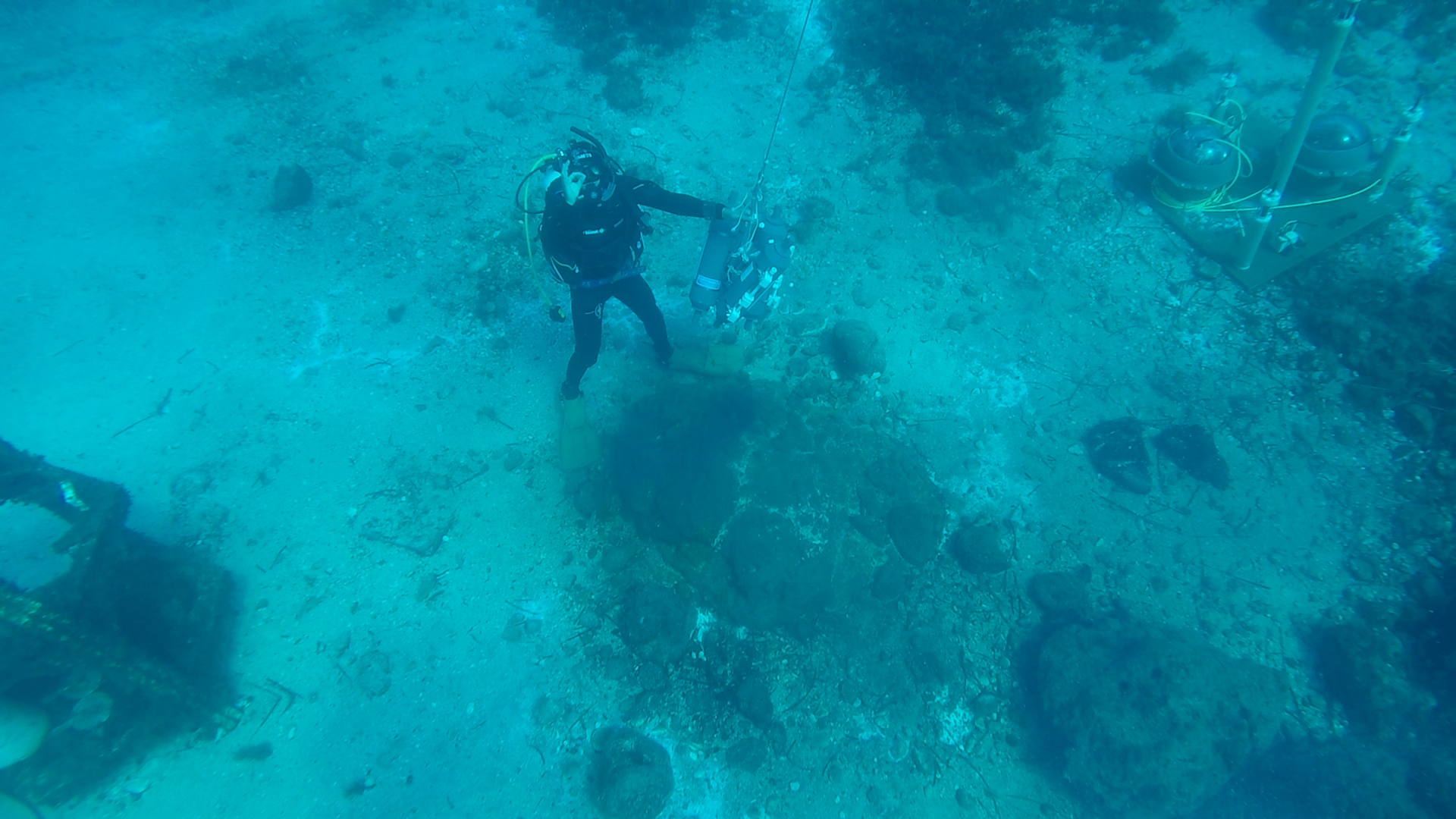
The first campaign of the MEFISTO project was successfully carried out off the coast of Grado
The first measurement campaign on the “Trezze” in the area of Grado (9-11/07/2024) as part of the PRIN 2022 PNRR MEFISTO project, coordinated by the OGS and carried out in collaboration with the National Institute of Geophysics and Volcanology – INGV, came to an end a few days ago.
The main objective of the MEFISTO project is to determine the actual contribution of the coastal marine environment to the methane budget of the atmosphere by combining already consolidated physico-chemical and molecular approaches with innovative methods such as passive hydroacoustics to determine which factors influence the release of methane into the atmosphere. this natural gas.
The Grado Coast Guard provided very valuable logistical support during the sampling days and enabled the successful completion of the activities at sea.
A second measurement campaign will be carried out in the area in winter 2025 to investigate the role of seasonality in changing the dynamics of methane and microbial communities.

The first joint campaign of the PRIN MEFISTO and FEMTO projects was successfully carried out in Panarea
The first joint measurement campaign of the PRIN 2022 PNRR “MEFISTO” and PRIN 2022 “FEMTO” projects (20-25/03/2024), which are both funded by the European Union – Next Generation EU and in which OGS is the coordinator and partner, respectively, ended a few days ago.
MEFISTO, carried out in collaboration with the Istituto Nazionale di Geofisica e Vulcanologia INGV, aims to determine the actual contribution of the coastal marine environment to the atmospheric methane budget, while FEMTO, coordinated by the University of Trieste, aims to identify microorganisms and genes associated with antibiotic resistance strategies by studying the microbial communities of the marine aerosol.
By sharing logistics, resources and expertise, the two research groups were able to successfully carry out their respective studies in the underwater hydrothermal system near the island of Panarea, also making use of the highly qualified staff and facilities of the OGS laboratory ECCSEL NatLab-Italy.
A second measurement campaign will be carried out next October off the island of Panarea to assess the role of seasonality in changing methane and microbial community dynamics.
